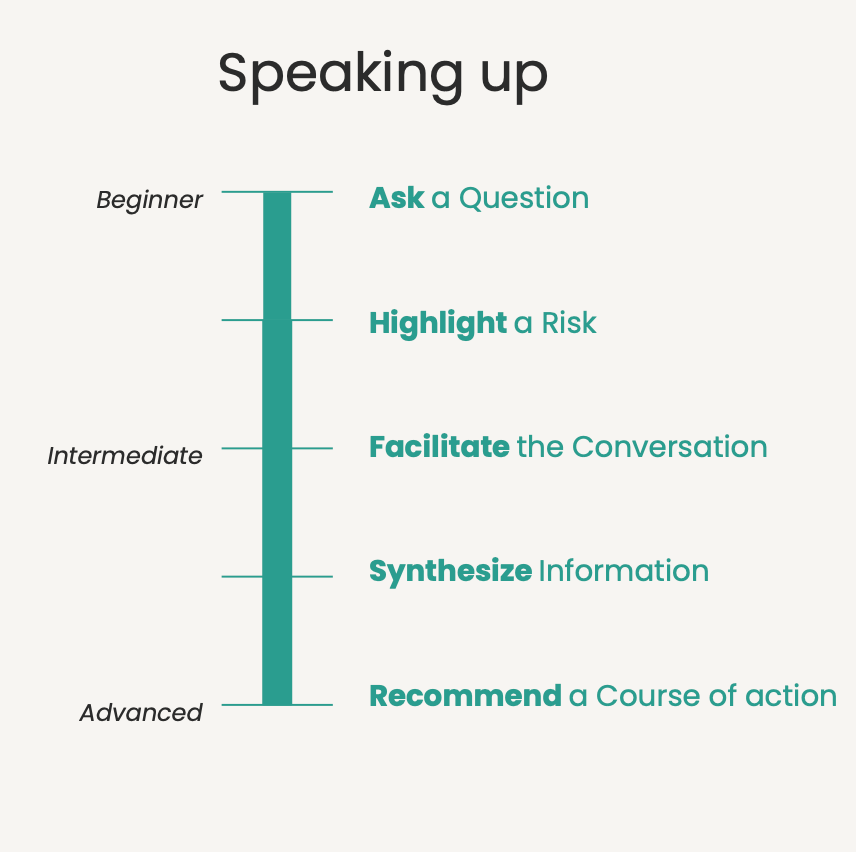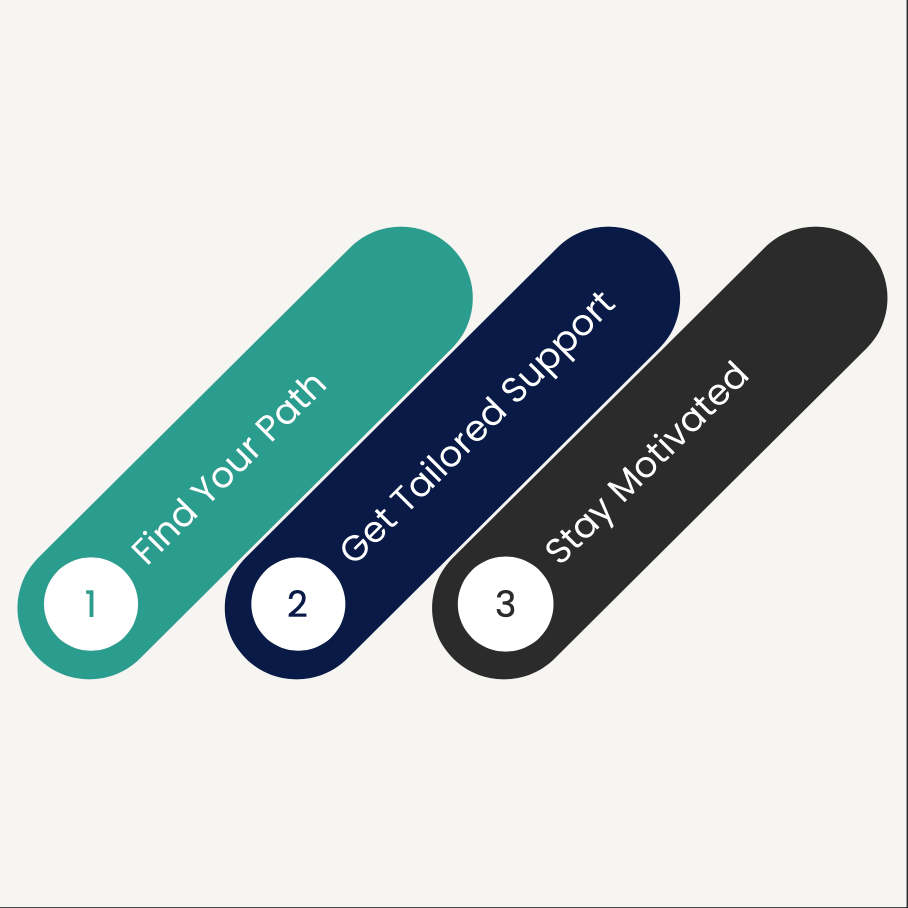Q&A: How Can I Get the Feedback I Need to Grow?
- Morgan Steele

- Aug 4
- 4 min read
I only talk to my manager once a month, and she doesn’t oversee my projects directly. I wish I could get more of a signal for how I’m doing at work. How do I get better feedback?
You’re not alone! Many people feel adrift when it comes to understanding how they’re performing, especially when their manager isn’t closely involved in the day-to-day.
The good news is that helpful feedback doesn’t need to arrive wrapped in a formal review or development conversation. Here are three approaches that can help you gather meaningful feedback and take control of your professional growth.

1. Ask for Feedback
It might sound obvious, but one of the most overlooked steps in getting better feedback is simply asking for it. Many colleagues won’t volunteer that information unless invited to, and even some managers shy away from constructive feedback.
For your manager, make it a point to ask regularly how things are going. When you’re new to the role, you might ask after the first month (or week, if you’re at a small, fast-moving start-up), “Hey, I know it’s only been a month, but how are things going from your perspective? What’s working well? What do you want me to do differently moving forward?”
Then, make it a point to have similar conversations at least every few months. This ensures nothing festers for too long.
Your manager is also not the only source of feedback. Extend your feedback requests beyond your manager, too. The more perspectives you gather, the more complete your picture will be. When you ask, make your questions specific and low-pressure to encourage honest responses.
How to Do It:
Check in with your manager regularly. Frame it as a collaborative conversation: “What’s one thing I could do differently to make your life easier?”
Reach out to peers post-project. Ask, “How did our collaboration go from your point of view? Anything I can do differently next time?”
Follow up after presentations. Message a few attendees and ask, “Did that land clearly for you? Anything you wish I’d gone deeper on?”
Make it easy to be candid. Lighten the mood by asking, “What am I doing that’s quietly driving you nuts?” This can be a silly way to let people know they can share even minor annoyances that are getting in the way of better collaboration.
2. Listen to Unspoken Feedback
Not all professional development feedback is directly framed as such. Sometimes, the most valuable insights come from how people react to your work. Paying attention in these moments and noticing patterns can help you identify places of growth.
What to Watch For:
Body language in meetings. Do people seem engaged when you speak? Or are they distracted and disengaged? This might signal whether your communication is landing effectively.
Themes in casual comments. Are you hearing repeated feedback about your pace, clarity, or attention to detail? These patterns can point to underlying skills to strengthen.
The type of feedback you receive. If reviewers of your work focus on superficial tweaks when you need input on strategy or substance, consider whether you’ve been clear about what you need. A simple adjustment like saying, “I’d love your take on the structure and logic of my argument” can help redirect attention to what matters most.
Colleague responsiveness. Are your teammates enthusiastic about collaborating with you again? Do people loop you in for high-visibility projects? Their actions may speak louder than words.
3. Ask Yourself What You Could Do Better
Sometimes the best ideas for development come from you. Self-reflection helps you notice your own strengths and blind spots without waiting for someone else to spell them out. It also builds your ability to assess and adjust in real time.
After key moments at work—presentations, project completions, stakeholder meetings—take a step back and run your own review.
How to Do It:
Debrief solo after big deliverables. Ask yourself, What worked? Where did I hit friction? What would I approach differently next time?
Analyze your process. Are you spending too much time perfecting small things while struggling to start big ones? Are certain tasks consistently draining or derailing you?
Watch yourself in action. If your role involves communication (interviews, demos, facilitation), reviewing recordings can be a goldmine. Listen not just for content but for delivery. Did you lead the conversation well? Were you asking the right questions? Did your tone support your message?
Track progress over time. Keep a simple log of wins, lessons, and challenges. This builds self-awareness and makes it easier to spot patterns over weeks and months.
Getting better feedback isn’t about waiting for someone to hand you a report card. It’s about creating the conditions where honest, constructive input can flow. By asking clearly, observing carefully, and reflecting intentionally, you can stay in tune with your growth.
If you’re not sure where to start or how to interpret what you’re hearing, this is a moment where a career coach can be a helpful sounding board. They can help you uncover blind spots, decode vague input, and design a feedback strategy that supports your goals.



